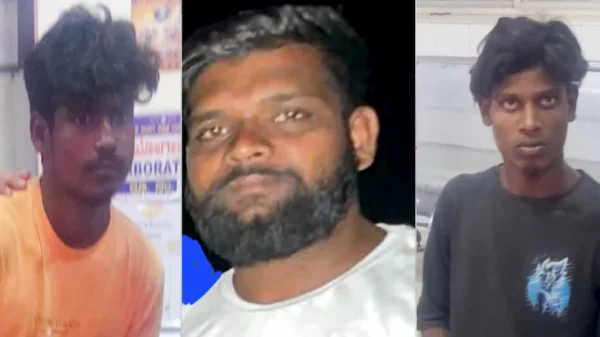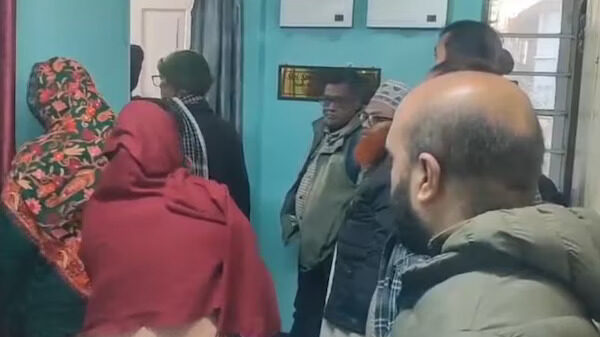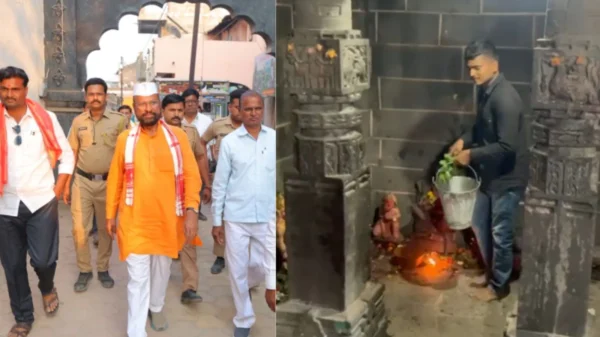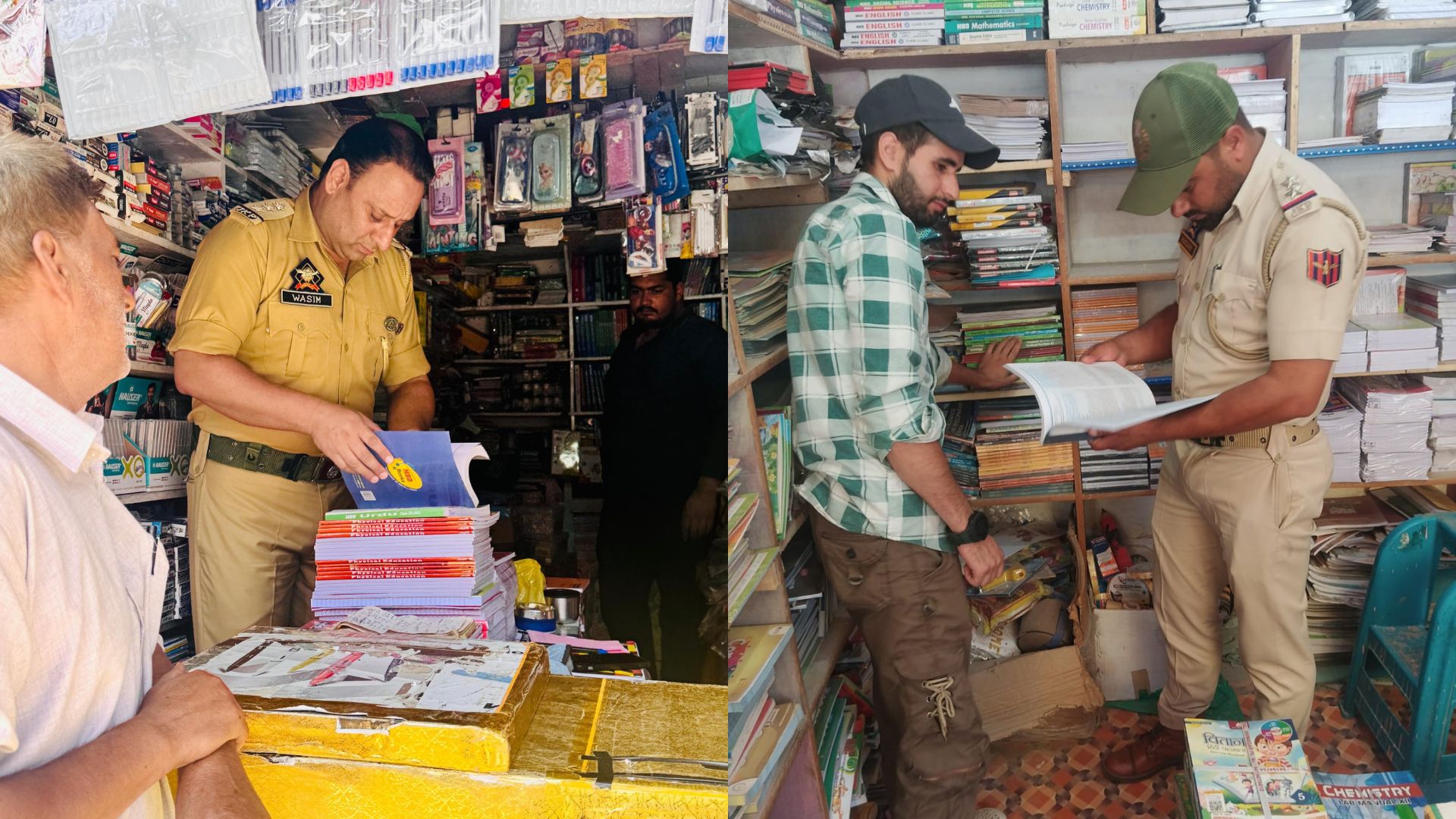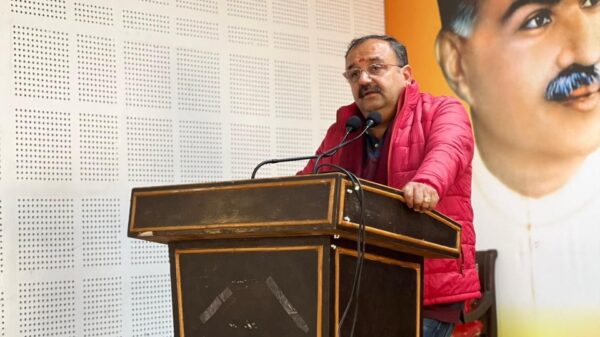A day after the Jammu and Kashmir administration banned 25 books for allegedly promoting secessionist and extremist ideas, police in the region launched a crackdown on bookshops across South and North Kashmir to stop the spread of these titles.
On Thursday, police carried out surprise inspections at several locations, including Kulgam, Zainapora in Shopian, and Sopore in Baramulla. Officers visited local bookshops and issued strong warnings to owners not to keep or sell the banned books. The police also informed them that violating the government’s order would result in serious legal consequences.
Kulgam Police told media that the searches were conducted legally and professionally. They added that bookshop owners were told to fully follow the law and not stock any of the proscribed publications.
In Zainapora, police checked shops to ensure the banned books had been removed. Similarly, in Sopore, police officers went through the shelves of local stores to make sure the banned material was not being sold or circulated.
Police in all three districts said these inspections will continue and that anyone caught promoting or holding banned material will face legal action. They also urged the public to come forward and report any suspicious activity related to the distribution of the banned literature.
The move follows Statutory Order No. 203, issued by the J&K Home Department on August 6, 2025. The order invokes Section 98 of the Bharatiya Nyaya Sanhita (BNS), 2023, which allows the government to forfeit any publication it considers a threat to India’s sovereignty and unity.
Among the banned books are well-known titles like Azadi by Arundhati Roy, The Kashmir Dispute (1947–2012) by A.G. Noorani, Kashmir in Conflict by Victoria Schofield, In Search of a Future by David Devadas, Independent Kashmir by Christopher Snedden, and Colonizing Kashmir by Hafsa Kanjwal. These books were published by established publishers like Penguin, Oxford University Press, Cambridge, Verso, Routledge/Manohar, and Zubaan.
The government says these books create a “culture of grievance, victimhood, and terrorist heroism” and distort historical facts. They also accuse the books of portraying terrorists as heroes, spreading hate against Indian security forces, and encouraging separatism. The order refers to sections 152, 196, and 197 of the BNS, which deal with activities that threaten national unity, promote hatred, or incite violence.
The administration said this is part of a larger effort to remove radical or extremist material from circulation, especially content that may influence the youth. Officials have also hinted that more reviews of academic and political literature are underway.






